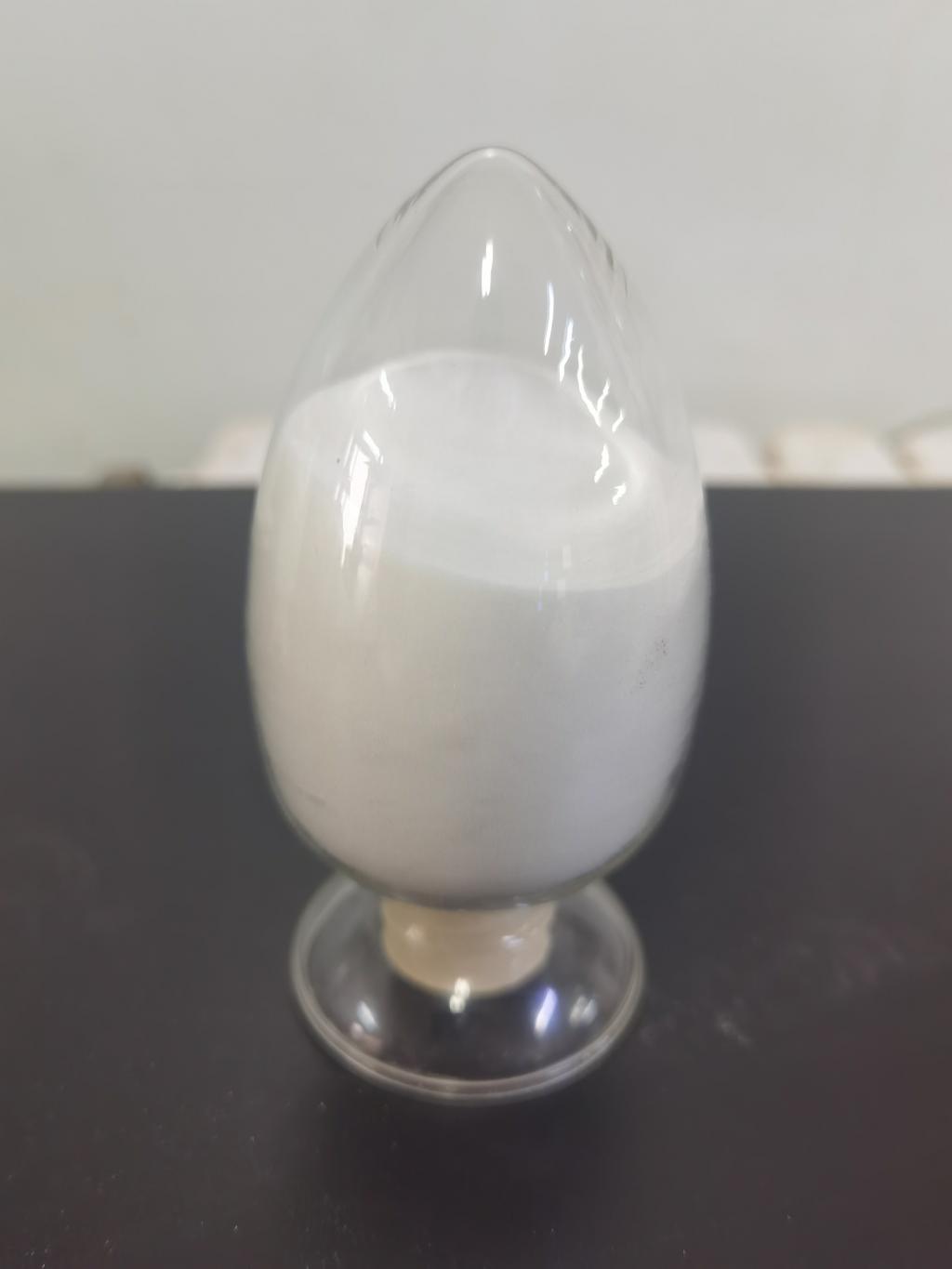Tel:+8618231198596

News
 CONTACT
CONTACT
 CONTACT
CONTACT
- Linkman:Linda Yao
- Tel: +8618231198596
- Email:linda.yao@dcpharma.cn
- Linkman:CHARLES.WANG
- Department:Overseas
- Tel: 0086 0311-85537378 0086 0311-85539701
News
ε-Polylysine hydrochloride's impact on foodborne illness outbreaks and public health.
TIME:2023-08-08
The Burden of Foodborne Illnesses
Foodborne illnesses result from the consumption of contaminated foods and beverages. They can manifest as a range of symptoms, from mild discomfort to severe illness, and in some cases, even death. The global burden of foodborne illnesses is substantial, with millions of cases and thousands of deaths reported annually. These outbreaks not only impact individuals but also strain healthcare systems, disrupt economies, and erode consumer confidence in the safety of the food supply.
ε-Polylysine Hydrochloride: Mechanisms and Antimicrobial Action
ε-PL is a naturally occurring antimicrobial compound produced through fermentation by bacteria. It is composed of multiple L-lysine units joined by peptide bonds. The compound's unique structure and positively charged amino groups enable it to interact with the negatively charged bacterial cell membranes. This interaction disrupts membrane integrity, leading to leakage of cellular contents and eventual cell death. ε-PL's selectivity towards harmful microorganisms while sparing beneficial ones adds to its appeal as a natural preservative.
Impact on Foodborne Illness Outbreaks
Microbial Inhibition: ε-PL's potent antimicrobial properties make it effective against a wide range of bacteria, yeasts, and molds. Its ability to inhibit microbial growth in food products reduces the risk of contamination during production, distribution, and storage, thus lowering the likelihood of foodborne illness outbreaks.
Pathogen Control: Pathogenic bacteria, such as Salmonella, Escherichia coli, and Listeria, are major contributors to foodborne illnesses. ε-PL's action against these pathogens can significantly reduce their presence in food products, preventing outbreaks linked to these pathogens.
Shelf Life Extension: By inhibiting microbial growth, ε-PL extends the shelf life of perishable foods. This extension reduces the potential for consumption of spoiled or contaminated products, further minimizing the risk of foodborne illnesses.
Applications in Food Safety
ε-PL's applications in food safety span a wide range of food products and processing methods:
Fresh Produce: ε-PL can be applied to fresh fruits and vegetables to inhibit microbial growth and prolong shelf life, reducing the risk of foodborne illnesses linked to these products.
Dairy and Dairy Alternatives: In dairy products and plant-based alternatives, ε-PL's antimicrobial action can prevent the growth of spoilage and pathogenic microorganisms, enhancing food safety.
Meat and Poultry: ε-PL can be used in meat and poultry products to control pathogens such as Salmonella and Campylobacter, which are common causes of foodborne illnesses.
Ready-to-Eat Meals: Ready-to-eat meals are susceptible to contamination during processing and storage. Incorporating ε-PL can enhance the safety of these products by inhibiting microbial growth.
Challenges and Considerations
While ε-PL holds promise in reducing foodborne illness outbreaks, several challenges and considerations must be addressed:
Regulatory Approvals: ε-PL's regulatory status varies by region, necessitating compliance with diverse approval processes. Obtaining regulatory clearance for its use can be time-consuming.
Formulation and Compatibility: Developing effective ε-PL formulations for different food products and processing conditions requires careful consideration of factors such as stability and compatibility.
Consumer Acceptance: Educating consumers about ε-PL's safety, efficacy, and natural origin is crucial to foster acceptance and trust in its application.
Cost and Economics: The cost-effectiveness of ε-PL compared to traditional preservatives should be evaluated, taking into account production costs and potential benefits.
Contributions to Public Health
ε-PL's impact on foodborne illness outbreaks directly contributes to enhancing public health:
Reduced Disease Burden: By preventing microbial contamination and growth in food products, ε-PL helps reduce the incidence of foodborne illnesses, lowering the burden on healthcare systems and improving overall population health.
Consumer Confidence: Safe and pathogen-free food products bolster consumer confidence in the safety of the food supply, encouraging greater consumption of nutritious foods and supporting public health objectives.
Minimized Outbreaks: ε-PL's role in inhibiting pathogens and spoilage microorganisms reduces the likelihood of large-scale foodborne illness outbreaks, preventing widespread health crises.
Long-Term Health Impact: The prevention of foodborne illnesses has long-term implications for public health, reducing the risk of chronic health issues that may arise from severe infections.
Conclusion
ε-Polylysine hydrochloride's potential to mitigate the risk of foodborne illness outbreaks and enhance public health is significant. By inhibiting microbial growth, controlling pathogens, and extending shelf life, ε-PL contributes to a safer food supply and reduces the burden of foodborne illnesses on society. While challenges related to regulatory approvals, formulation, consumer acceptance, and cost-effectiveness must be addressed, the positive impact of ε-PL on public health underscores its potential as a valuable tool in safeguarding consumer well-being and promoting a healthier population.
- Tel:+8618231198596
- Whatsapp:18231198596
- Chat With Skype







